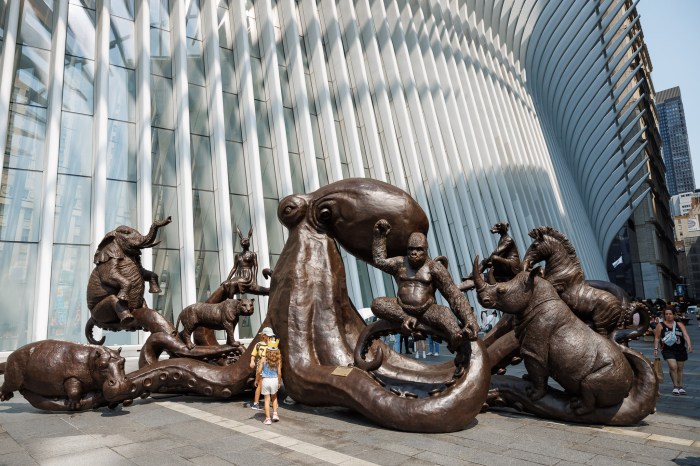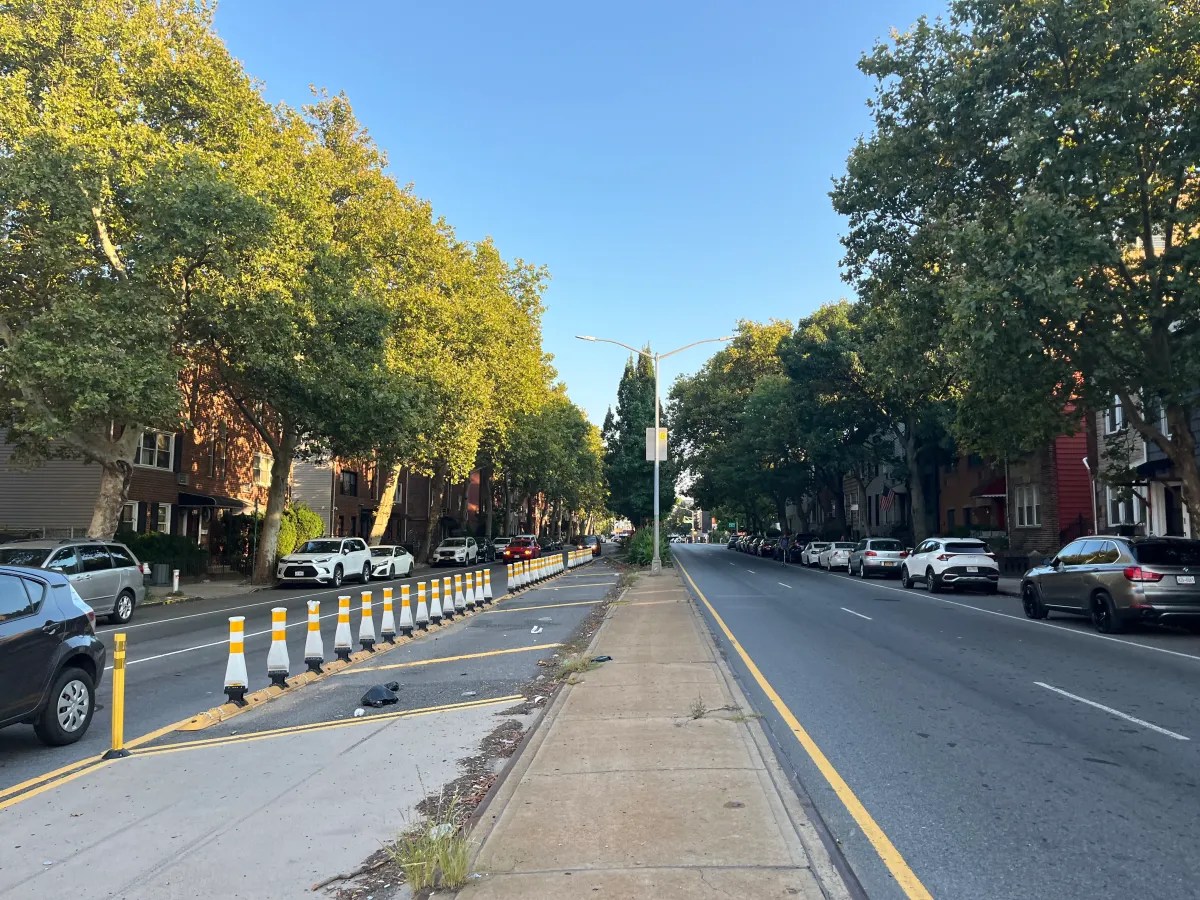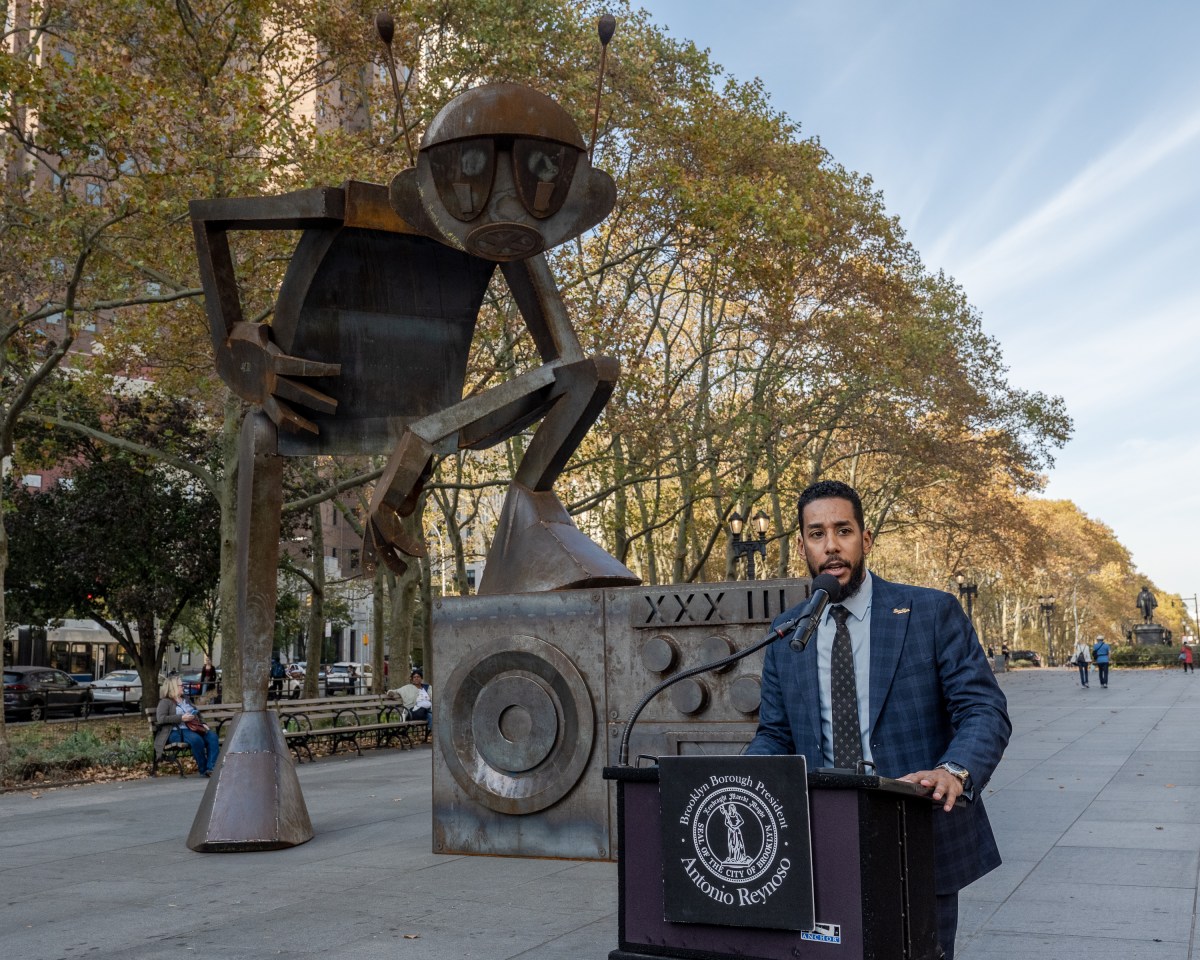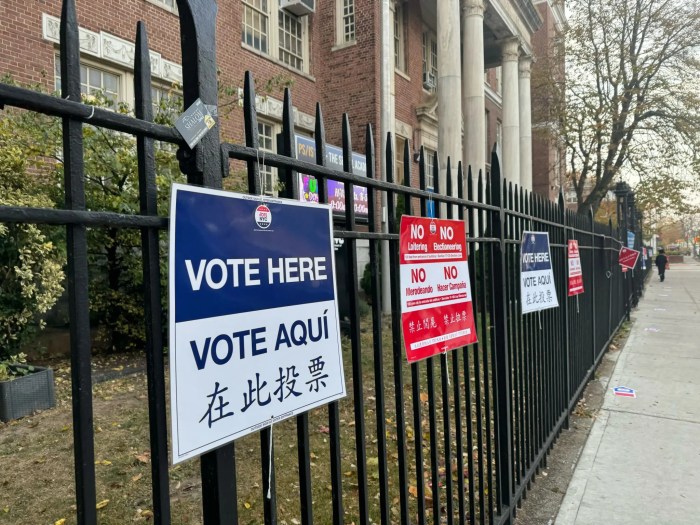BY Speaker Christine C. Quinn, Council Finance Chair Domenic M. Recchia, Jr., Council Fire and Criminal Justice Chair Elizabeth Crowley and Council Member Margaret Chin
This year, under enormous pressure to deliver a fiscally responsible budget in difficult financial times, we were forced to make some tough decisions. Deciding how to consolidate city government while protecting core services is never an easy task, but in order to guarantee New York City’s continued success, we did just that. The City Council negotiated with Mayor Bloomberg, confronted the challenges of our present economic climate head on and presented a sensible, on-time city budget.
The 2012 Fiscal Year Budget makes extensive provisions that reduce waste and eliminate unnecessary spending in the coming year. But it also preserves funding for the vital services that keep New York running and safe.
When the Council began budget negotiations in February, we were presented with an Executive Budget that sought to close 20 fire companies throughout the city. As a result of our Council hearings, it was revealed that three of the fire houses were located right here in Manhattan. Two of the firehouses, Ladder 8 and Engine 4, have served Lower Manhattan for years.
Ladder 8 has served Lower Manhattan for 100 years, and has responded to major incidents including the World Trade Center bombings, September 11th, and Deutsche Bank fire. At the tragic 283 – 285 Grand Street fire last year, Ladder 8 rescued two elderly women with limited language capacity, one of whom was disabled, from the fifth floor. Engine 4, in the financial district, is our only fire company with a decontamination unit and is equipped with counter-terrorism equipment, including a portable shower and HAZMAT suits.
The relationship between fire companies and the residents they serve and protect is palpable in Manhattan. These fire companies would have been closed without consultation from the communities they serve and did not come with comprehensive analysis of the impact closing fire houses would have on local residents during emergencies.
Before discussions about how we may be better able to streamline these services can begin, we must commit to fully examining the impact doing so will have on our neighborhoods. The Council would not sign off on this plan without studying the consequences closing firehouses would have on the residents who trust their local fire fighters to respond to emergencies quickly.
Time and time again, we have asked the courageous men and women in New York’s Bravest to risk their lives to keep us safe. There is nothing more essential to the safety of our citizens, and vital to our peace of mind, than the work of our firefighters. The Council understands the importance of public safety and it is our duty to listen to our citizens’ concerns and ensure the protection that our great city deserves.




































